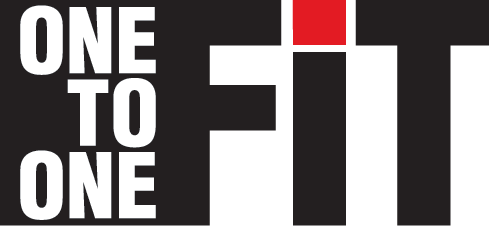Why People Underestimate Personal Training
Personal trainers are often seen as mere fitness enthusiasts who know their way around a gym. While this perception may be somewhat true, it drastically underestimates the value, continuing education, and expertise that a professional trainer brings to the table. In reality, a personal trainer is much more than just someone who counts reps and motivates clients—they are skilled professionals who can transform lives through a combination of scientific knowledge, personalized guidance, and motivational support Unfortunately, misconceptions abound, leading many to undervalue the role of a personal trainer. Here are some common reasons why people underestimate personal trainers and why these assumptions couldn’t be further from the truth.
The Myth of the “Easy Job”
One of the most pervasive misconceptions is that being a personal trainer is an easy job that requires little more than a passion for fitness. The reality is quite different. A personal trainer must undergo rigorous certification programs that cover a wide range of subjects, including:- Kinesiology: The study of human movement, which is essential for understanding how to optimize exercise techniques.
- Anatomy: A detailed understanding of the human body’s structure, focusing on muscles, bones, and joints.
- Biomechanics: The application of mechanical principles to human movement, helping trainers improve clients' efficiency and prevent injuries.
- Cardiovascular System: Knowledge of how the heart, blood vessels, and respiratory system work together, allowing trainers to create effective cardiovascular exercise plans.
- Muscle Physiology: Understanding how muscles work, grow, and recover, which is crucial for developing strength and conditioning programs.
The Importance of Continuing Education
In the ever-evolving world of fitness, continuing education is not just a bonus—it’s a necessity. A professional personal trainer must regularly update their knowledge and skills to provide the best possible service to their clients. This could involve:- Attending workshops and seminars on the latest fitness techniques and equipment.
- Completing advanced certifications in specialized areas like corrective exercise, sports performance, or nutrition coaching.
- Keeping up with the latest research in exercise science, nutrition, and health psychology.
